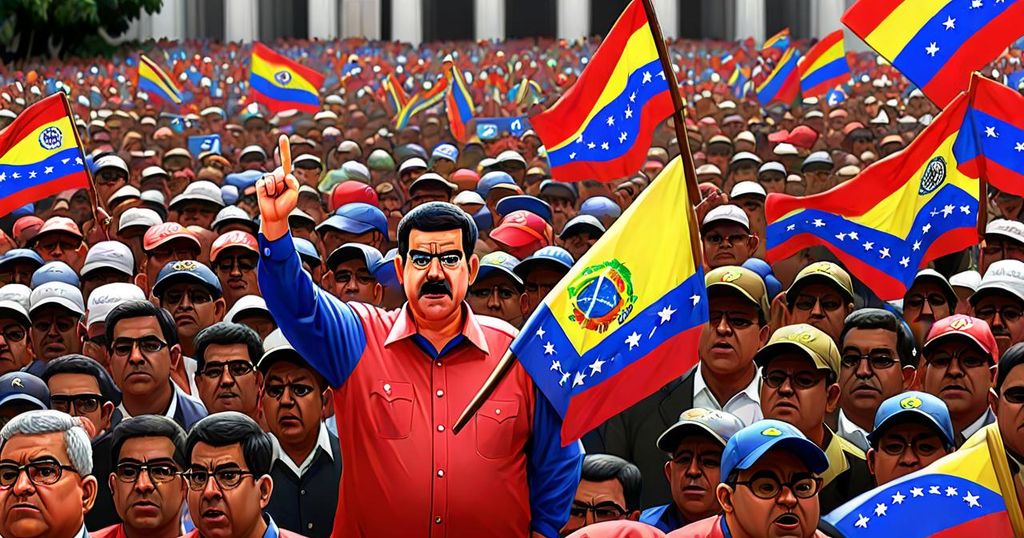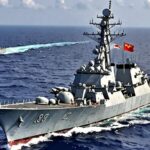The Global Battle Over Venezuela: Authoritarianism vs. Democracy
The recent election claim made by Nicolás Maduro has generated widespread condemnation from the United States and its allies. Maduro, labeled as a tyrant and authoritarian socialist, has presided over a Venezuela marked by economic collapse, persecution of political opponents, allegations of election fraud, and involvement in narcoterrorism. Led by Washington and its European partners, the international community has cast doubt on the legitimacy of Maduro’s reelection, with exit polling and government records pointing to a victory for challenger Edmundo González. Even leftist allies in Brazil, Colombia, and Mexico have refrained from offering immediate support to Maduro, underscoring the divisive response to the election claim.
The situation in Venezuela has evolved into a global ideological conflict, with authoritarianism and democracy taking center stage. This emerging battle is transforming regional disputes into prolonged proxy struggles between the liberal and illiberal worlds in various parts of the globe, from Ukraine to Taiwan and from Yemen to Syria. The involvement of countries such as Russia, Iran, and Cuba has made efforts to address the crisis in Venezuela all the more complex. These nations are not interested in managing the crisis but are rather focused on disrupting the system and making its management more challenging.
The support Maduro has received from countries like Russia, Iran, and Cuba has undermined international efforts to compel his exit from power through diplomatic isolation and economic sanctions. The Venezuelan leader, who has held power for over a decade, appears to be largely impervious to Western pressure and has continued to receive rhetorical support from allies like Iran, North Korea, and Nicaragua. Furthermore, Maduro has received significant military support from nations such as Russia, with the latter supplying Venezuela with arms and military equipment during critical junctures.
In addition to Russia, Chinese patronage has also played a critical role in Maduro’s survival, as China has been Venezuela’s primary creditor and largest oil purchaser for many years. Despite facing sanctions led by the U.S., Venezuela has managed to circumvent them with China’s assistance, revealing the intricate web of financial and geopolitical interests at play in the region.
Analysts believe that the involvement of Russia, China, and other nations in Venezuela is part of a broader campaign of political reciprocity aimed at retaliating against the U.S. for its actions in other regions. This multifaceted superpower conflict has contributed to the erosion of the world order and has fueled violent quagmires around the world, complicating efforts to remove authoritarian leaders from power.
The complex web of geopolitical interests and the deep involvement of global powers have created a challenging and uncertain situation in Venezuela. The implications of this international power struggle on the future of Venezuela and its people remain unclear, but the standoff between authoritarianism and democracy is likely to persist for the foreseeable future.








Post Comment